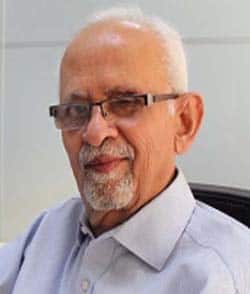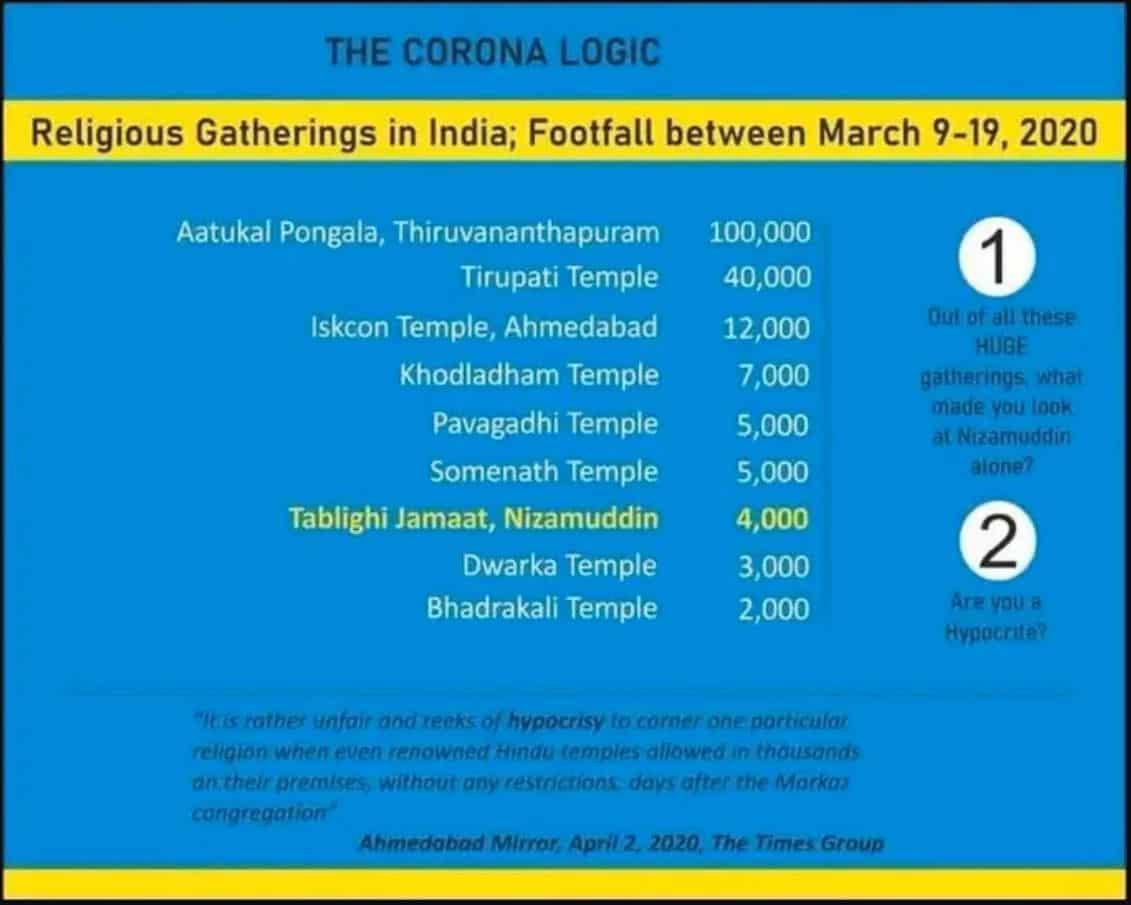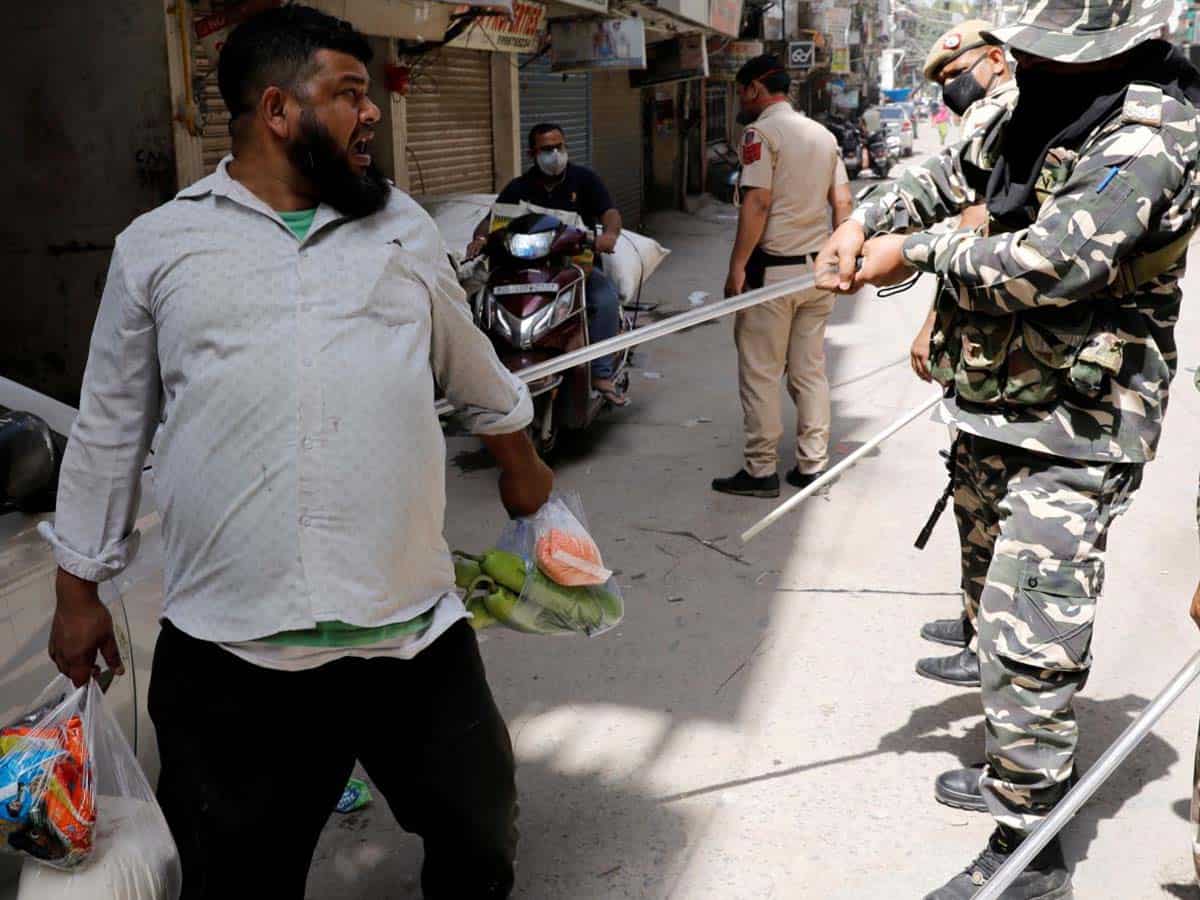
Zafar Aga
He is now in the company of Dalits and is ‘untouchable’, thanks to the Indian media. A systematic and organised campaign by the media blaming the Tablighi jamaat congregation at its Delhi Markaz for the spread of the coronavirus has transformed Muslims into ‘’Corona jihadis’’ in the perception of Hindu masses.
In the perception of Hindu masses. The reluctant admission of the Madhya Pradesh chief minister Shivraj Singh Chouhan that the failure of Indians who returned from abroad to report to the authorities, and the failure of the authorities to trace them led to the spurt of COVID-19 cases in the state, has done little to change the perception. The damage is done.
The vicious campaign–designed partly to deflect attention from the Government’s failings in dealing with the pandemic— has had a deadly impact on the ground.
The Indian Muslim is no longer just marginalised in every walk of life, which he has been for decades in any case, he is now deemed to be untouchable. Indeed, the Indian Muslim for the first time in history is facing the kind of untouchability that even Dalits once faced.
The social and political purpose of apartheid is to make a particular race, caste or community accept ‘second class citizenship’. BJP and the RSS have now put Muslims in the category of social‘untouchables’.
The Indian media have acted as foot soldiers of the BJP and the RSS in preparing the ground for the social and economic boycott of the Muslims. That it has come at a time of great global slowdown and a pandemic which has made life even more uncertain, must have been a coincidence.
With people focused on their lives and livelihood, the Indian media’s campaign in holding Tablighi Jamaat solely responsible for the spread of the virus has vitiated social and political discourse. It also shifted attention from more urgent tasks at hand.
It was easy to blame the Jamaat for holding a congregation with four thousand people, many of them from abroad, in attendance. With the pandemic raging, it would have been prudent to call off the annual meet.
But it is also true that the Health Ministry had stated on March 13, the day the event started, that there was no cause for alarm, that there was no health emergency in India. Visas to the foreign delegates were also issued by the Government, which could not have remained oblivious to the event.





